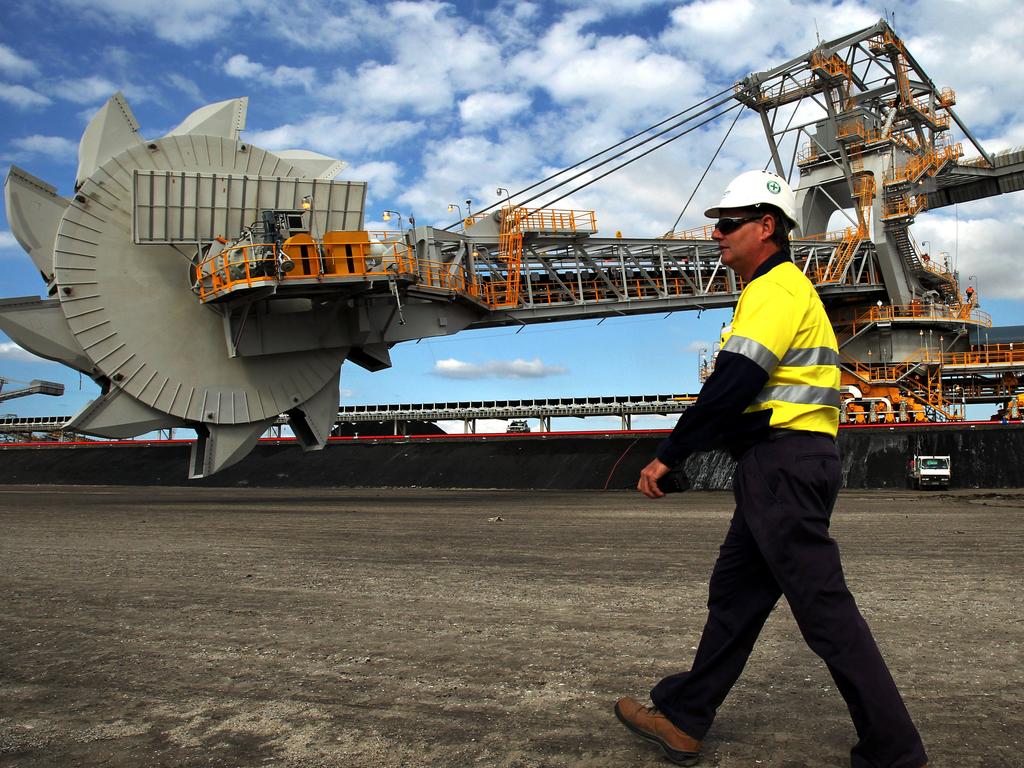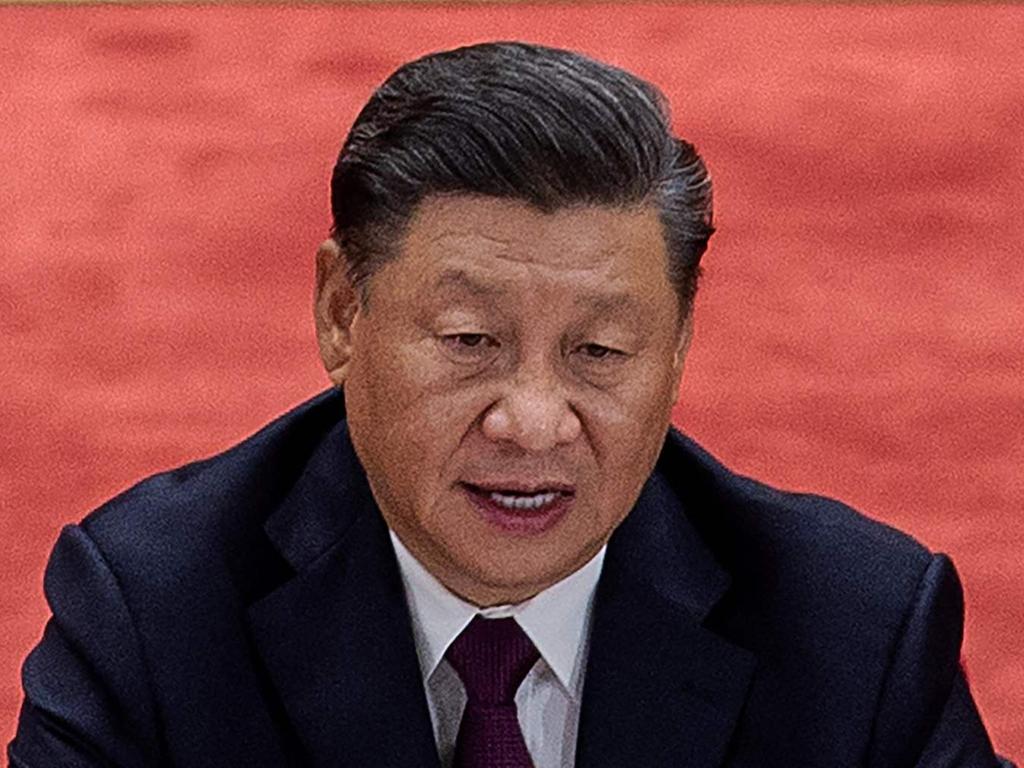Trade pacts will allow coal miners to bypass China: Keith Pitt
Resources Minister Keith Pitt says Australian miners will find alternative markets if China remains firm over trade tensions.

Resources Minister Keith Pitt says Australian miners will find alternative markets if China remains firm over trade tensions, saying the federal government will keep looking to open up new markets as well as seeking clarification from China over mooted bans.
Mr Pitt will spend the week in the NSW Hunter Valley this week, touring coal ports and mines that have been hard hit by falling thermal coal prices caused by a combination of the pandemic and China’s informal ban on Australian coal imports.
Thermal coal imports into China hit their lowest point this year in October, with a growing body of evidence suggesting Australian producers had been targeted with shipment delays and import bans.
Analysis of customs data published by Credit Suisse last week suggested that China’s imports of Australian thermal coal dropped by 62 per cent in October compared with the previous month, against a dip from all sources of only 27 per cent.
That, combined with falling demand for thermal coal amid low gas prices and global energy demand still to fully recover from the pandemic, has put pressure on higher cost Australian coal.

Major Australian producer Peabody Energy flagged last week it is again facing the prospect of seeking protection from its creditors in the US courts, and Whitehaven Coal has also said it is seeking waivers on its financial covenants to give it financial headroom in case the slump persists into 2021. Peabody and other producers have also moved to pull back production in the face of persistently low prices.
Mr Pitt said evidence China is targeting Australian coal suppliers is concerning, but said he expected coal prices to recover along with the broader global economy.
“There’s no doubt it’s concerning, but companies and the industry have been through similar challenges before,” he said.
“We know the quota system in China is working its way through the normal process it does at this time of year.
“But clearly there are some difficult circumstances that are being dealt with by industry. But the fundamentals don’t change.
“We’ll continue to be a highly efficient producer of thermal coal and met coal and there’s a lot of markets around the world that need it.
“We expect the forecasts to improve when world economies start to pick up again and I’m hopeful that’s not far away.”

Mr Pitt said the signing of the Regional Comprehensive Economic Partnership on Sunday — a trade pact that includes, for the first time, major trading partners China, South Korea, Japan and Australia — could offer not only hope of a thawing trade relationship with China, but the prospects of new markets opening up for Australian miners and service providers.
The deal includes China, Japan, New Zealand, South Korea, Brunei, Cambodia, Indonesia, Laos, Malaysia, Myanmar, the Philippines, Singapore, Thailand and Vietnam.
India has retained the right to join the agreement at a later date.
Trade Minister Simon Birmingham has said Australia hopes to use RCEP to pull China back into multilateral negotiations to end trade disputes, and could use the pact to meet directly with Chinese ministers in 2021.
Mr Pitt said RCEP also pointed to the value of signing trade deals that offer alternatives for Australian primary producers, including coal.
“It’s a big trading market and for those that are going into other parts of the world, their markets are holding up quite significantly,” he said.
“So the challenge for us is to continue to ensure that we open up additional trade routes and continue to sign trade agreements.”
China’s action against Australian coking coal producers may also be something of an “own goal” according to Credit Suisse, with analysts saying the bans may be helping improve the competitiveness of rival steelmakers in South Korea and Japan.






To join the conversation, please log in. Don't have an account? Register
Join the conversation, you are commenting as Logout